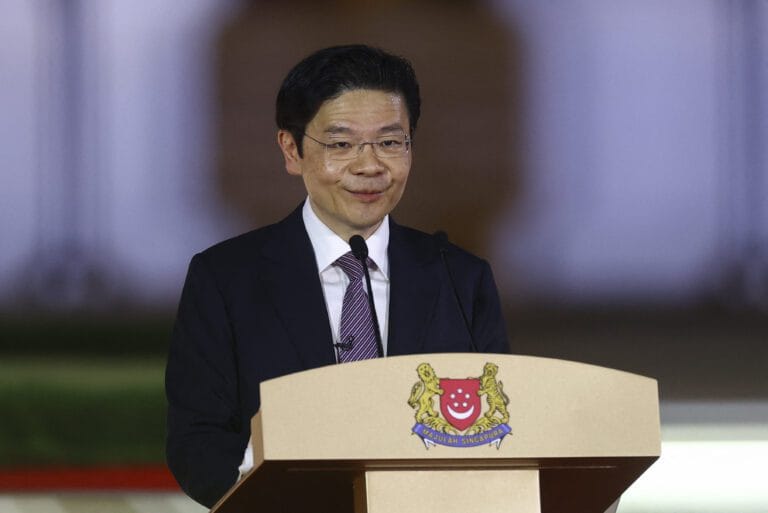🎧 Listen to This Article
Prime Minister Lawrence Wong has dismissed claims that the Goods and Services Tax (GST) hike “turbocharged” inflation, asserting that price increases moderated following the tax adjustments in 2023 and 2024.
GST and Inflation: Separating Fact from Fiction
During the Budget debate, Leader of the Opposition Pritam Singh questioned why the government proceeded with the GST hike, implying that it intensified inflation. PM Wong responded by clarifying that inflation was primarily driven by global factors—geopolitical tensions, supply chain disruptions, and rising energy costs—rather than the tax increase. He emphasized that Singapore’s central bank assessed the GST hike to have only a “transitory” impact on inflation.
The GST was raised in two stages, from 7% to 8% in 2023 and then to 9% in 2024. Meanwhile, inflation in Singapore peaked at 6.1% in 2022 before easing to 4.8% in 2023 and further declining to 2.4% in 2024.
“Where is the turbocharging?” PM Wong questioned. “Elections are approaching, but this Chamber is not an election rally. Let’s debate based on facts.”
Government’s Response to Cost-of-Living Concerns
Recognizing the public’s concerns over rising costs, PM Wong reaffirmed the government’s commitment to providing targeted relief. Temporary support measures include additional CDC vouchers and assistance under the SG60 package. However, he stressed that these are short-term measures, not permanent solutions.
Instead, the government’s long-term approach focuses on increasing real wages, strengthening economic growth, and improving productivity. Structural programs, including job training and upskilling initiatives, remain key to ensuring Singaporeans’ financial resilience.
Balancing Social Spending with Fiscal Sustainability
PM Wong also addressed calls for greater social spending. He reassured that while the government is prepared to invest more in social policies, fiscal sustainability remains a priority.
Currently, social development spending surpasses expenditures on the economy and security combined, and this is expected to increase in the coming years. Existing social safety nets—including the Central Provident Fund (CPF), healthcare subsidies, and public housing support—continue to be refined to meet evolving needs.
A key focus area is preparing for Singapore’s aging population, with ongoing reviews of CPF policies and other social programs aimed at supporting seniors, individuals with disabilities, and caregivers.
“We keep an open mind and carefully study all suggestions,” PM Wong said. “Not every idea may be implemented, but we will always explain our decisions.”
For further details, clarification, contributions, or any concerns regarding this article, please contact us at editorial@tax.news. We value your feedback and are committed to providing accurate and timely information. Please note that our privacy policy will handle all inquiries



